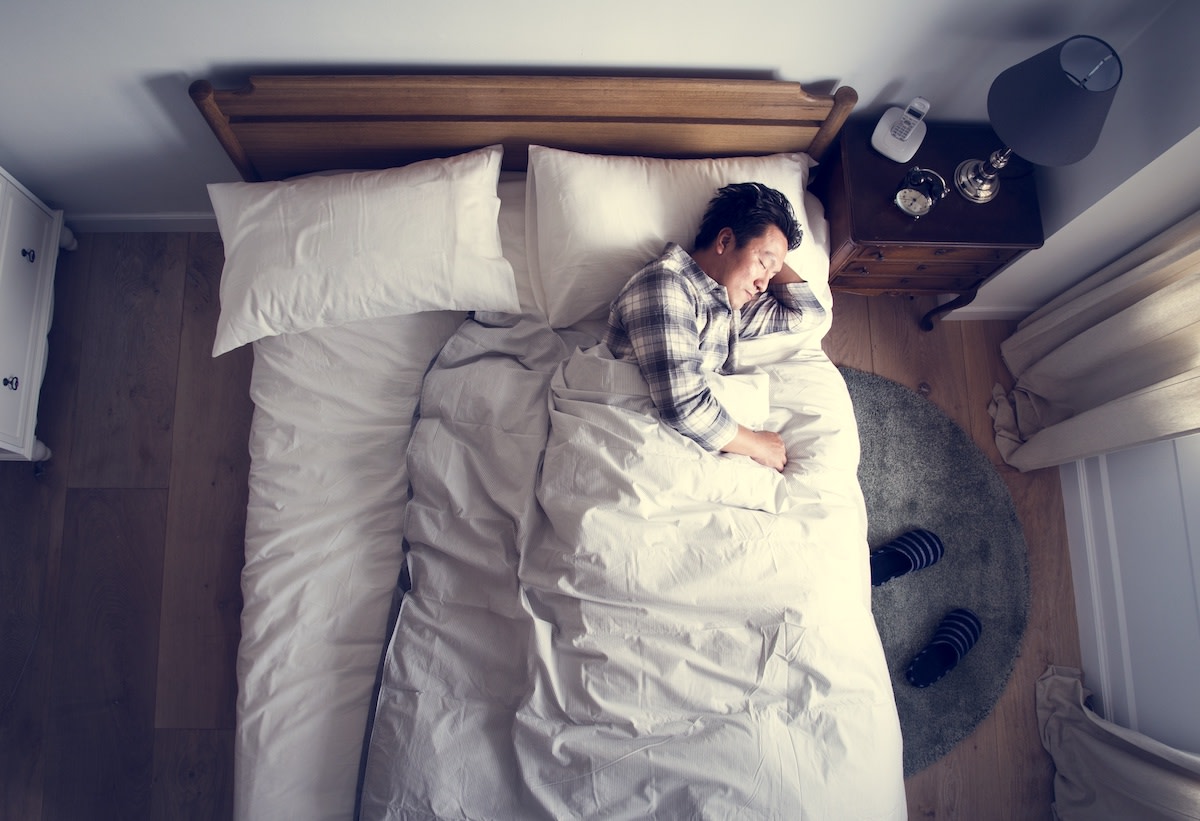Sleep Chronotypes Guide: How Do Chronotypes Work?
Written by MasterClass
Last updated: Jun 7, 2021 • 2 min read
From early risers to night owls to those with minimal sleep drive, we all follow our own circadian rhythms, and we each fit into our own sleep chronotype. Learn how sleep patterns can affect your daily schedule.
Learn From the Best
What Are Chronotypes?
A chronotype is the pattern of a person’s instinctive sleep-wake cycle. Without using bedtimes and alarms to program your sleep schedule and wake time, you will likely default to your sleep chronotype in alignment with your innate biological clock. Sleep experts have connected chronotypes to the PER3 gene that all humans carry, which helps set your internal clock and affects how many hours of sleep you need to sustain optimal energy levels.
Why Is Understanding Chronotypes Helpful?
Understanding your chronotype can help you plan an effective daily routine and let you sleep better—at whatever time of day makes sense for your chronobiology. Determining your chronotype can help you understand your sleep instincts, which in turn can lead to a good night's sleep (or perhaps day's sleep) and overall wellness. Methods for finding your chronotype include the Automated Morningness-Eveningness Questionnaire (Auto-MEQ), the Circadian Type Inventory, and the Composite Scale of Morningness.
Early Birds vs. Night Owls: How Do Chronotypes Work?
Chronotypes fall on a spectrum with morningness at one extreme and eveningness at the other.
- Early birds: An early bird is a morning person who wakes from sleep ready to seize the day. Some early risers may be classically diurnal, waking around sunrise and achieving maximum work capacity between late morning and early evening; others wake even earlier and crash in the early afternoon.
- Night owls: A night owl is an evening type who is at their best when the sun goes down. These types thrive after dark, and they may struggle to wake at sunrise, requiring multiple alarms. Night owls are more creative in the afternoon and evening.
- Other types: Light sleepers and insomniacs may be productive at all times of the day, but they can struggle with focus on account of minimal REM sleep and deep sleep.
Chronotypes vs. Circadian Rhythms: What’s the Difference?
Sleep chronotypes are descriptions of tendencies created by the body's circadian rhythms. The circadian rhythm is a natural sleep-wake cycle affected by regular 24-hour patterns involving body temperature, melatonin secretion, and redox cycles. Scientists have studied circadian rhythms for centuries, and sleep therapies and sleep medicines can help humans manage their natural circadian rhythms. The study of sleep chronotypes is a newer phenomenon. Rather than prescribe medical advice, sleep chronotype specialists tend to offer coaching and advice about making the most of your body's natural tendencies.
Want to Learn More About Catching Those Elusive Zs?
Saw some of the best darn logs of your life with a MasterClass Annual Membership and exclusive instructional videos from Dr. Matthew Walker, the author of Why We Sleep and the founder-director of the Center for Human Sleep Science at the University of California, Berkeley. Between Matthew’s tips for optimal snoozing and info on discovering your body’s ideal rhythms, you’ll be sleeping more deeply in no time.
